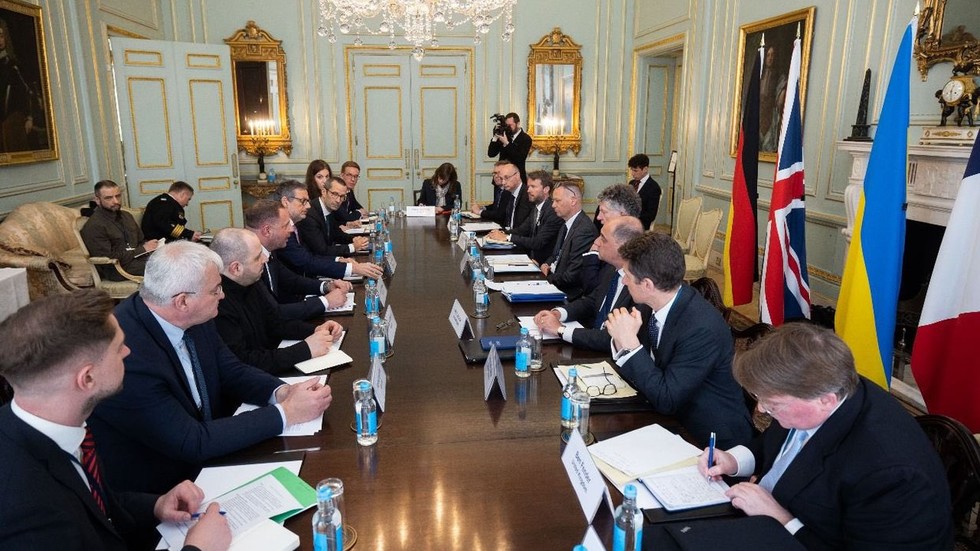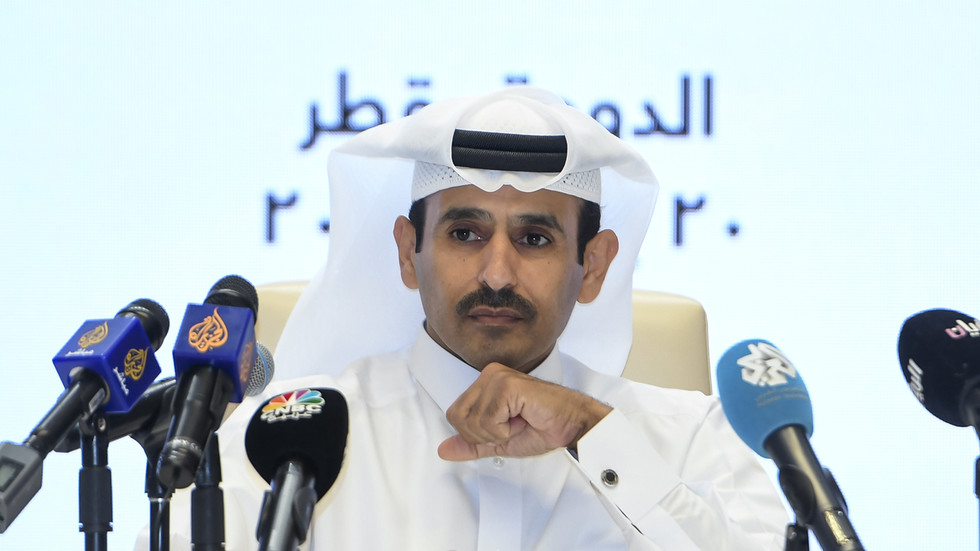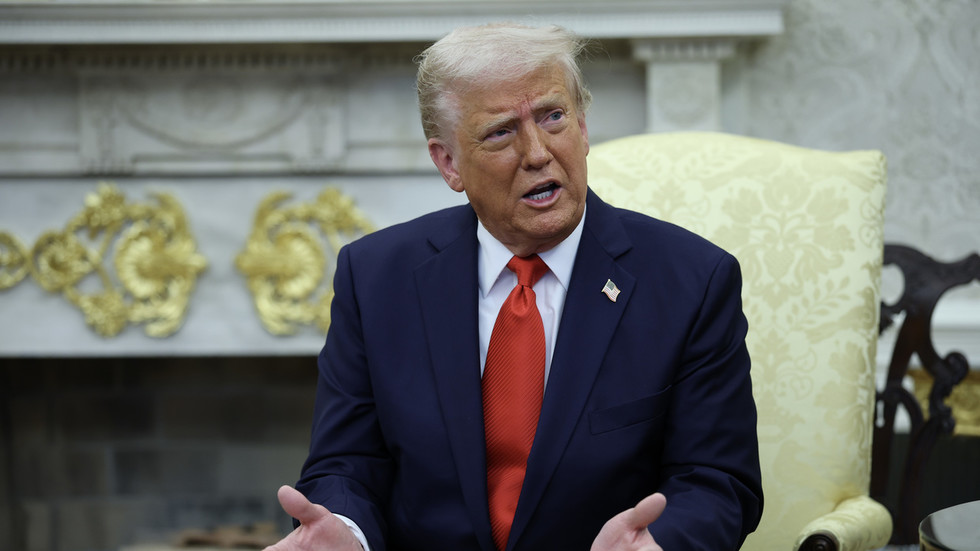Tunisia’s revolution 14 years on: ‘The emperor has no garments’ – INA NEWS

Fourteen years in the past, on January 14, 2011, Tunisians stuffed Habib Bourguiba Boulevard, the central thoroughfare of Tunis, with cries of freedom and dignity as they celebrated the ousting of dictator Zine El Abidine Ben Ali. He had fled the nation and introduced his resignation after 28 days of relentless civil disobedience expressed by public sq. “occupations” in virtually each metropolis of the nation, triggered by the haunting self-immolation of fruit vendor Mohamed Bouazizi within the city of Sidi Bouzid.
The Tunisian folks’s victory in opposition to their longtime oppressor and his suffocating, corrupt regime was so outstanding, so spectacular that it impressed a wave of Arab uprisings throughout the area.
In main cities from Yemen to Morocco, tens of millions of freedom-hungry denizens joined the Tunisian “occupiers” of the Bourguiba Boulevard to have fun the ouster of their fiercely authoritarian regime and name for their very own liberation. With the Tunisian folks’s perceived achievement of “karama” (dignity) and “hurriyya” (freedom) a brand new motion was born that positioned your complete area on a revolutionary trajectory of “tahrir” (emancipation).
Greater than a decade later, the legacy of those uprisings, which got here to be generally known as the “Arab Spring”, is blended at greatest. One Arab nation, Syria, which started its personal revolutionary journey proper after Tunisia on March 30, 2011, armed rebels managed to oust dictator Bashar Al-Assad solely final month, after 14 years of devastating conflict and loss. In different Arab Spring nations, together with Tunisia, the revolution got here quicker however has been short-lived with authoritarianism, oppression and battle re-entering the image quickly after the preliminary successes of the revolting lots.
All this, in fact, doesn’t take away from the ethical and political valour of the 2011 uprisings. The ethical symbolism of those revolutions – because the outstanding victories of as soon as muted peoples in opposition to a number of the most coercively guarded states on the planet – has endurance.
The brand new social and political patterns of public life that emerged on the again of those revolutions have endured in Tunisia and the remainder of the Arab area. The physique politic of the state earlier than 2011 was dominated by political decay of delegitimised rulers and undermined by extreme coercion and govt energy and by exclusionary practices. These revolutions emboldened peoples of the area to demand a say over the character of their governance and completely modified how we speak about and analyse Arab postcolonial state-society relations.
To this present day, January 14, 2011, stands as a historic second that ignited an ethical flame, a cry for freedom because it had been, for the multitudes populating the Arab geography. It insinuated itself within the hearts, minds and imaginations of Arab youth gripped by the clamour of a greater future. Tunisia’s revolution and people who adopted it in Egypt, Libya, Bahrain, Syria and Yemen drew inspiration, confidence and ethical vigour from the meltdown of complete authoritarian apparatuses beforehand thought proof against sudden, people-powered overthrow.
Nonetheless, it can’t be denied that the banners of freedom and dignity erected on the ruins of fallen regimes quickly gave method to counterrevolutions.
After the overthrow of authoritarian rulers in 2011, the attract of revolution swiftly misplaced its shine in most Arab Spring nations. This has not transpired because of the concept of revolution itself having fallen into disfavour among the many Arab publics that had been “sq. occupiers”. It definitely was not as a result of ideological rivals of the revolution, together with these championing electoral democracies (and even these rooting for “Islamic democracy”, equivalent to Tunisia’s Rachid Ghannouchi), got ample time to show or disprove their value. Somewhat, swings within the counterrevolutionary pendulum from Tunisia to Egypt resulted in “the revolutionaries” being pressured right into a defensive stance and pressed to surrender their “revolutionary” calls for. Certainly, with the passage of time, revolutions and revolutionaries have steadily degenerated in each setting.
In locations like Egypt, Libya, Tunisia and Yemen with their newly acquired freedoms, political events started to deviate from the unique functions of their democratic beginnings. Rekindling of outdated types of political polarisation, financial and social rifts, armed militias and systemic tensions involving deep state actors and civilian protagonists was what led to this deviation. In the meantime, the wealth hole between the haves and the have-nots that had framed the unique cries for freedom and dignity remained intact. This multifaceted disaster tolled the near-death knell of true revolutionary transformation, ie a whole rupture with the ousted authoritarian techniques.
The consequence has been the formation of so-called Arab Spring quasi-democracies which might be stated to be “hybrid regimes”, with blended manufacturers of authority, having only a few of the beliefs the Arab avenue had referred to as for in the course of the Arab Spring uprisings.
Right now, the jails of a few of these “democracies” are populated with political activists accused of “conspiracy to subvert state energy” – coercive costs that many thought had been confined to the dustbin of historical past after the 2011 revolutions. Rule of legislation, which was one of many core calls for of the uprisings, has been deserted, and the legislation itself is being mobilised in opposition to actors who needs to be contributing to the nation from an open public sq., if not a democratic parliament. Somewhat than utilizing their know-how for the advantage of the state, they’re rotting in jail cells for the crime of intimidating the powers who secured management of the state after the revolutions. Such purges are placing doubt within the minds of the folks about whether or not a revolution that might convey a few full break from the standard authoritarian practices of the previous would ever be possible.
Underneath such democratic reverses, the place the liberty of affiliation, participation, contestation and expression is in fixed jeopardy, elections themselves inevitably lose credibility. Low voter turnouts communicate to this democratic degeneration in elections held in locations like Algeria, Egypt and Tunisia.
In lots of Arab Spring states, the political opposition has the identical democratic shortcomings and weaknesses because the ruling powers, leading to a perception by many citizens that elections are futile nevertheless truthful and free they could be on the floor. Intra-party democracy stays weak, if not absent. Those that lead political events and civil society organisations are inclined to cling to energy and baulk at democratic alternation of management positions. Because of this, those that made the 2011 revolutions doable – the folks – are shedding curiosity within the electoral course of.
After all, culpability for the democratic degenerations for the reason that 2011 revolutions is to not be positioned on deep states or home political leaders alone.
Arab authoritarianism has been revitalised and revolutionary fervour culled in a couple of case previously 14 years by way of pacts that post-uprising Arab governments have made with Western powers and establishments from america and the European Union to the Worldwide Financial Fund (IMF). For instance, in nations like Lebanon and Egypt, the IMF performed a key position in preserving authoritarianism alive by offering governments with funds, slashing any hopes their folks may need held for brand new leaders or revolutionary, long-lasting options to their financial and political woes.
The Arab avenue has not forgotten the August 2013 Rabaa bloodbath, which noticed safety forces kill tons of of supporters of ousted President Mohamed Morsi, who had been democratically elected. They’re additionally not detached to or unaware of the Western-facilitated Israeli genocide in Gaza and Arab states’ incapacity to place an finish to it for 15 lengthy months.
The Arab publics are very a lot conscious that their states with skilled or would-be despots on the helm at the moment are not more than terror or migration watchmen. They shield borders and search to make sure the elusive “stability” that’s of mutual curiosity to regional and Western leaders.
That is, maybe, essentially the most consequential and enduring legacy of the Tunisian revolution and the broader Arab Spring. The “emperor” will not be defeated, positive. However he’s uncovered. Simply because the useless emperor within the well-known Danish folktale, the nakedness of Arab states and their rulers has change into unimaginable to hide. There aren’t any garments. There is no such thing as a cowl. There is no such thing as a “democracy”, cut price politics, power-sharing or free citizenship. The uprisings have constructed a brand new state-public relationship within the Arab world and let the cat out of the bag: The emperor has no garments.
Fourteen years after Tunisia’s revolution, democracy continues to be lacking in Tunisia and within the wider Arab world. However so are all of the emperors’ garments, and the Arab peoples have taken word. The revolutions’ legacies stay on.
The views expressed on this article are the creator’s personal and don’t essentially replicate Al Jazeera’s editorial stance.
Tunisia’s revolution 14 years on: ‘The emperor has no garments’
देश दुनियां की खबरें पाने के लिए ग्रुप से जुड़ें,
#INA #INA_NEWS #INANEWSAGENCY
Copyright Disclaimer :-Underneath Part 107 of the Copyright Act 1976, allowance is made for “truthful use” for functions equivalent to criticism, remark, information reporting, educating, scholarship, and analysis. Honest use is a use permitted by copyright statute which may in any other case be infringing., instructional or private use suggestions the stability in favor of truthful use.
Credit score By :- This publish was first revealed on aljazeera, we’ve got revealed it by way of RSS feed courtesy,










